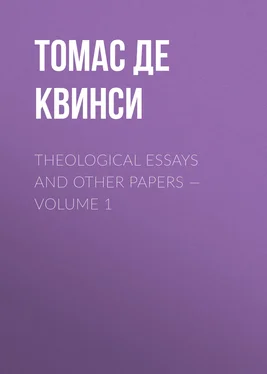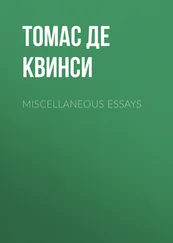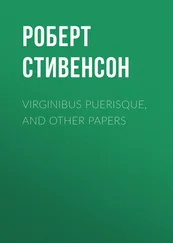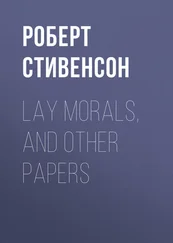And, if Phil. , as to the general movement of his Protestant pleadings, modulates too little in the transcendental key, sometimes he does so too much. For instance, at p. 69, sec. 35, we find him half calling upon Protestantism to account for her belief in God; how then? Is this belief special to Protestants? Are Roman Catholics, are those of the Greek, the Armenian, and other Christian churches, atheistically given? We used to be told that there is no royal road to geometry. I don't know whether there is or not; but I am sure there is no Protestant by-road, no Reformation short-cut, to the demonstration of Deity. It is true that Phil. exonerates his philosophic scholar, when throwing himself in Protestant freedom upon pure intellectual aids, from the vain labor of such an effort. He consigns him, however philosophic, to the evidence of 'inevitable assumptions, upon axiomatic postulates, which the reflecting mind is compelled to accept, and which no more admit of doubt and cavil than of establishment by formal proof.' I am not sure whether I understand Phil. in this section. Apparently he is glancing at Kant. Kant was the first person, and perhaps the last, that ever undertook formally to demonstrate the indemonstrability of God. He showed that the three great arguments for the existence of the Deity were virtually one, inasmuch as the two weaker borrowed their value and vis apodeictica from the more rigorous metaphysical argument. The physico-theological argument he forced to back, as it were, into the cosmological, and that into the ontological. After this reluctant regressus of the three into one, shutting up like a spying-glass, which (with the iron hand of Hercules forcing Cerberus up to daylight) the stern man of Koenigsberg resolutely dragged to the front of the arena, nothing remained, now that he had this pet scholastic argument driven up into a corner, than to break its neck—which he did. Kant took the conceit out of all the three arguments; but, if this is what Phil. alludes to, he should have added, that these three, after all, were only the arguments of speculating or theoretic reason. To this faculty Kant peremptorily denied the power of demonstrating the Deity; but then that same apodeixis , which he had thus inexorably torn from reason under one manifestation, Kant himself restored to the reason in another (the praktische vernunft .) God he asserts to be a postulate of the human reason, as speaking through the conscience and will, not proved ostensively , but indirectly proved as being wanted indispensably, and presupposed in other necessities of our human nature. This, probably, is what Phil. means by his short-hand expression of 'axiomatic postulates.' But then it should not have been said that the case does not 'admit of formal proof,' since the proof is as 'formal' and rigorous by this new method of Kant as by the old obsolete methods of Sam. Clarke and the schoolmen.[Footnote: The method of Des Cartes was altogether separate and peculiar to himself; it is a mere conjuror's juggle; and yet, what is strange, like some other audacious sophisms, it is capable of being so stated as most of all to baffle the subtle dialectician; and Kant himself, though not cheated, was never so much perplexed in his life as in the effort to make its hollowness apparent.]
Конец ознакомительного фрагмента.
Текст предоставлен ООО «ЛитРес».
Прочитайте эту книгу целиком, купив полную легальную версию на ЛитРес.
Безопасно оплатить книгу можно банковской картой Visa, MasterCard, Maestro, со счета мобильного телефона, с платежного терминала, в салоне МТС или Связной, через PayPal, WebMoney, Яндекс.Деньги, QIWI Кошелек, бонусными картами или другим удобным Вам способом.












